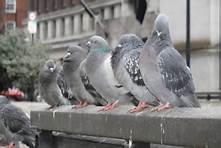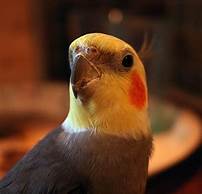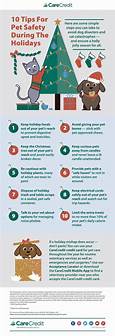How Long Do Pet Pigeons Live?
Pet pigeons are a popular choice for bird enthusiasts due to their intelligence, trainability, and relatively long lifespan. While the average lifespan of a pet pigeon is around 10-12 years, some pigeons have been known to live for up to 20 years or more with proper care and nutrition.

Factors Affecting Pet Pigeon Lifespan
Several factors can affect the lifespan of a pet pigeon, including:
1. Diet and Nutrition
A healthy diet is essential for a long and healthy life for pet pigeons. Pigeons should be fed a variety of foods, including seeds, grains, fruits, and vegetables. Fresh water should also be available at all times.
2. Housing and Environment
Pigeons need a clean, spacious, and draft-free environment to thrive. The cage or aviary should be large enough for the pigeon to spread its wings and fly comfortably. The cage should also be cleaned regularly to prevent the buildup of bacteria and parasites.
3. Exercise
Pigeons are active birds and need plenty of exercise to stay healthy. They should be allowed to fly outside of their cage for at least an hour each day. If this is not possible, they should be given access to a large flight cage or aviary.
4. Health Care
Regular veterinary care is essential for keeping pet pigeons healthy. Pigeons should be vaccinated against common diseases and parasites and should be checked for signs of illness regularly.
Signs of a Healthy Pet Pigeon
Some signs that your pet pigeon is healthy include:
1. Bright Eyes
Pigeons with bright, clear eyes are healthy. Cloudy or red eyes may indicate illness.
2. Clean Feathers
Healthy pigeons have clean, shiny feathers. Dirty or matted feathers may indicate malnutrition or illness.
3. Active Behavior
Healthy pigeons are active and playful. They should be interested in their surroundings and interact with their owners.
4. Good Appetite
Healthy pigeons have a good appetite and eat regularly. A loss of appetite may indicate illness.
Conclusion
By providing your pet pigeon with a healthy diet, clean housing, plenty of exercise, and regular veterinary care, you can help them live a long and healthy life.
Declaration: All article resources on this website, unless otherwise specified or labeled, are collected from online resources. If the content on this website infringes on the legitimate rights and interests of the original author, you can contact this website to delete it.





